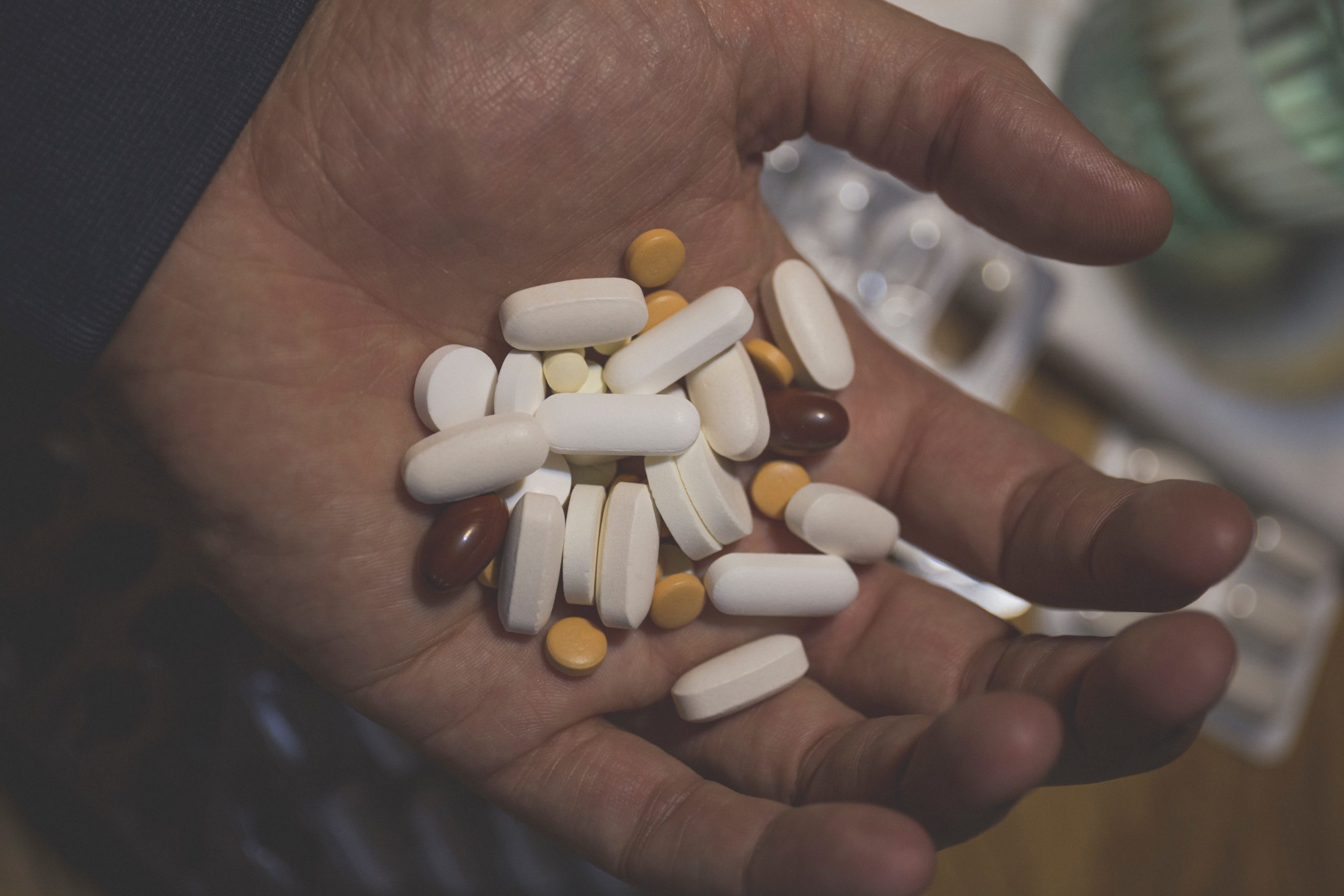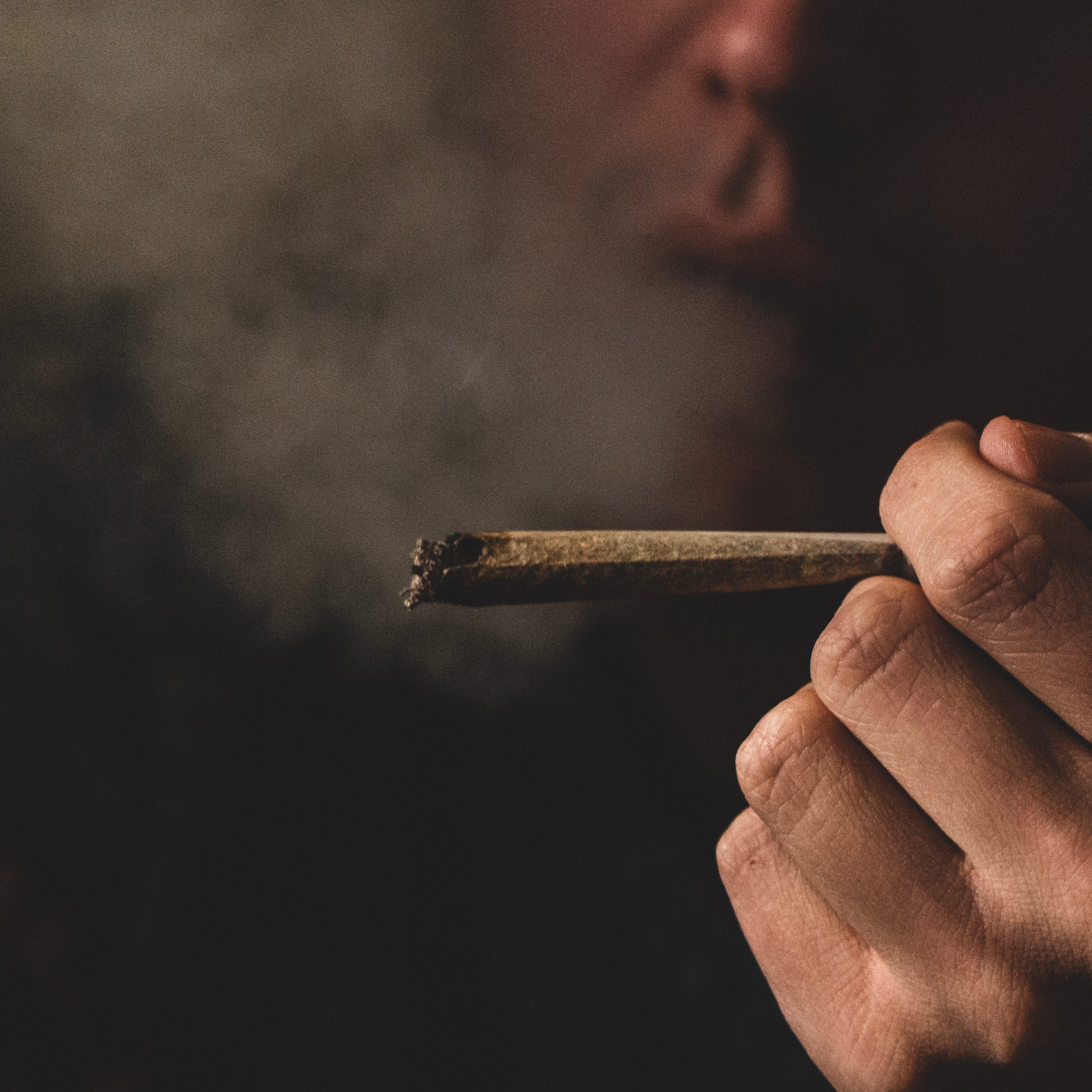Learn as much as you can about their addiction



How can you help someone with substance abuse? The first step is understanding how they got there in the first place. There are a variety of factors that lead to a person’s first experiment with drug use. Many people who suffer from conditions like depression, anxiety, or post-traumatic stress disorder use substances to dull the emotional agony of these conditions. Some people may be misdiagnosed and use medications to handle specific symptoms, while others are aware they have a mental health issue but are unable to find alternative means of coping, a practise known as self-medication. Others use drugs to alter their mood, join a social group, or cope with feelings of boredom or discontent. Some people even become addicted to drugs or alcohol while their doctors try to help them with their health problems.






